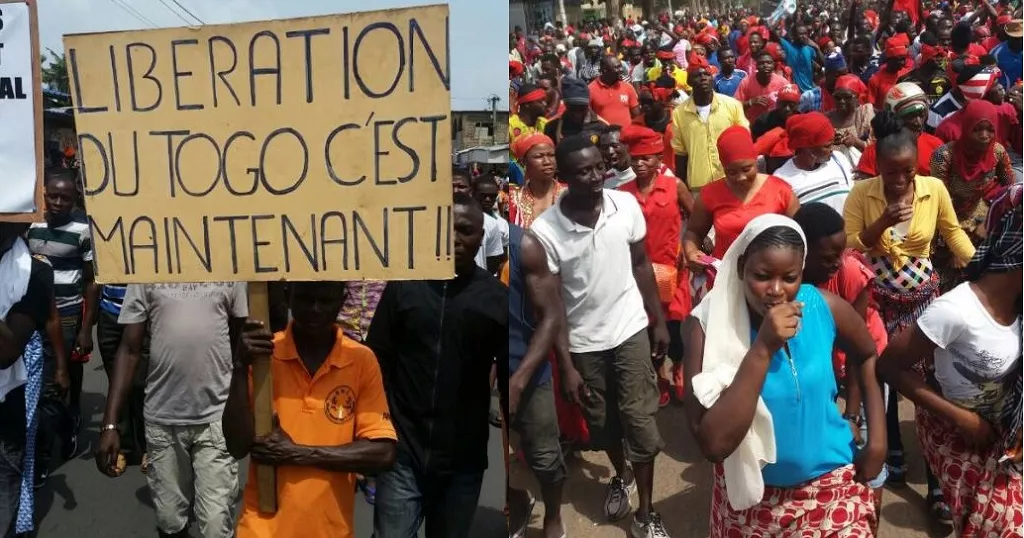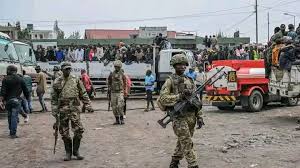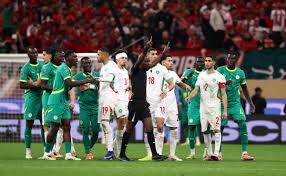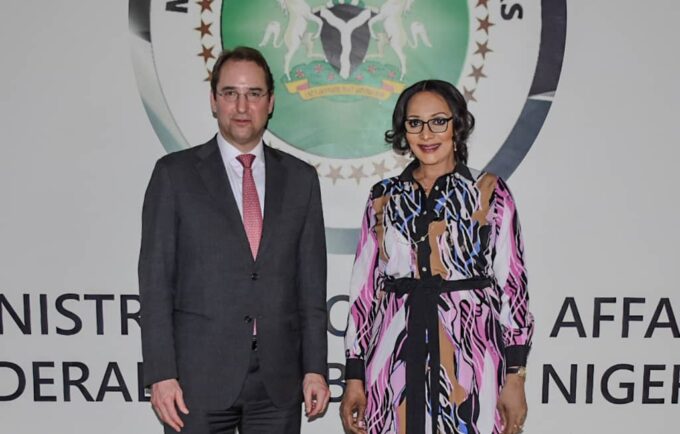At least seven people have been killed and dozens more injured during a violent government crackdown on anti-government protests in Togo’s capital, Lomé, according to a coalition of civic rights groups. The protests, which erupted last week, were triggered by mounting public outrage over President Faure Gnassingbé’s controversial elevation to the newly created role of President of the Council of Ministers a powerful post with no term limits and the continued detention of political prisoners, including a popular Togolese rapper.
The unrest marks one of the most significant waves of political resistance in recent years against a ruling family that has governed Togo for nearly six decades. Faure Gnassingbé, who first took office in 2005 after the death of his father, Gnassingbé Eyadéma, now faces growing backlash for what critics call a “constitutional coup” designed to bypass democratic processes and entrench lifelong rule.
Demonstrations began peacefully on Thursday, led by youth movements and online activists under the banner of the coalition “Hands Off My Constitution.” However, by Friday and Saturday, they had turned deadly as anti-riot police fired tear gas and rubber bullets at demonstrators who responded with stones and barricades in opposition strongholds like Bè and Agoè. Protesters accused security forces of storming neighborhoods, chasing and arresting residents in their homes and hideouts.
A coalition of 23 civic organizations under the National Platform for Civic Space and Development Effectiveness condemned the violence, calling it an “unjustified and disproportionate use of force” and demanding an independent investigation into what they termed “bloody police repression.” They emphasized that peaceful protest is a constitutional right enshrined in both Togolese law and international human rights treaties to which Togo is a signatory.
The Togolese government, however, has threatened legal action against the protest organizers, dismissing the demonstrations as part of a “campaign of disinformation and hatred” allegedly orchestrated by activists living abroad. Officials have maintained a ban on demonstrations since 2022, citing national security concerns following a deadly explosion at a major market.
Public outrage intensified last month following the arrest and forced psychiatric detention of rapper Narcisse Essowè Tchalla, popularly known as Aamron, a vocal critic of the regime whose detention is widely viewed as politically motivated. The incident further inflamed tensions, prompting fresh demonstrations and calls for the release of all political prisoners. Though most of the 50 protesters detained earlier this month have since been released, at least three remain in custody.
Despite the heavy-handed response, by Sunday, calm had largely returned to central Lomé. Businesses reopened in the Assigamé market area and public transportation resumed, though the political atmosphere remains tense. Civic groups and opposition leaders warn that unless the government rolls back the recent constitutional changes and restores the right to protest, more unrest is likely.
Togo’s recent reforms have abolished direct presidential elections, replacing them with a parliamentary system that gives lawmakers, largely dominated by Gnassingbé’s ruling party, the power to select the country’s head of government. Critics say this transition effectively neutralizes democratic competition and consolidates power under Gnassingbé, further weakening institutional checks and balances in a country where public dissent has long been suppressed.
With the international community largely silent, rights groups are urging regional bodies like ECOWAS and the African Union to intervene and prevent a deeper slide into authoritarianism. As pressure mounts at home and abroad, the Togolese leadership faces a crucial test: reform or risk further isolation and internal instability.














Leave a comment